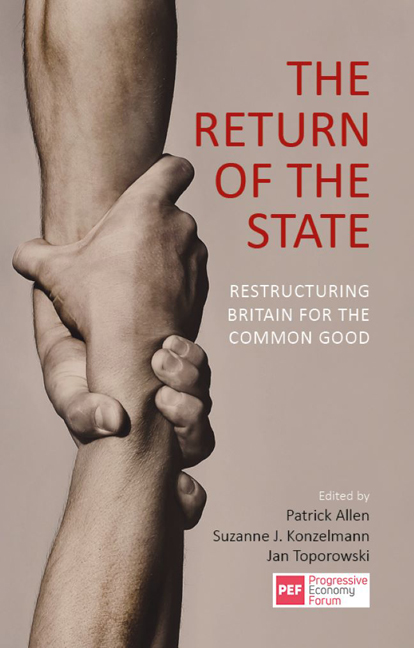15 - Over-leveraged households need debt relief
Published online by Cambridge University Press: 22 December 2023
Summary
The simultaneous shocks to human and economic health caused by the threat of a potentially deadly physical illness leave many households vulnerable to rapidly deteriorating financial security and stress. This combination of biological threat and social rupture have shaken the foundations of the macroeconomy. So far the response has been a huge monetary stimulus and fiscal rescue packaged for global corporations and national industries. This chapter makes the case for coordinated monetary and fiscal measures to provide debt relief targeted at households, not markets. Since the advent of neoliberal state policy in the 1980s, financial crises have become a regular feature of macroeconomic governance. Each successive crisis has brought more targeted interventions, initially to shore up markets, and then with systemic interventions to prevent economic collapse. Crisis intervention began with cutting interest rates and basic debt restructuring (i.e. Brady bonds) and gradually developed into large-scale liquidity injections (bailouts) and mass asset buybacks, which were rolled together as quantitative easing. The onset of the pandemic and the subsequent first lockdown created a new type of economic crisis, with origins in the human population, not imperfect markets. Yet the same set of unconventional monetary policies were immediately activated in response to the economic shock: interest rates cuts, direct liquidity injections and the mass selling of government debt as a safe asset. Unlike in the previous crisis, the UK government undertook a massive fiscal response, with the introduction of the furlough scheme, in which the government guaranteed up to 80 per cent of wages, and smaller programmes, such as the “Eat out to help out scheme” offering cash incentives to shore up demand in the hospitality industry.
This chapter explains how household debt relief provides a more effective way of stabilizing the macroeconomy in the short term, allowing medium-term structural reforms to shift the United Kingdom away from its long-standing dependence on debt-led growth. Providing debt relief for households involves the simple re-engineering of existing monetary and fiscal measures to target households, not markets, for state intervention. The monetary and fiscal measures outlined here can produce comprehensive debt relief for households struggling with debt repayments as a result of the pandemic. Debt relief will reduce individual hardship while generating a general uplift in the economy.
- Type
- Chapter
- Information
- The Return of the StateRestructuring Britain for the Common Good, pp. 177 - 188Publisher: Agenda PublishingPrint publication year: 2021



